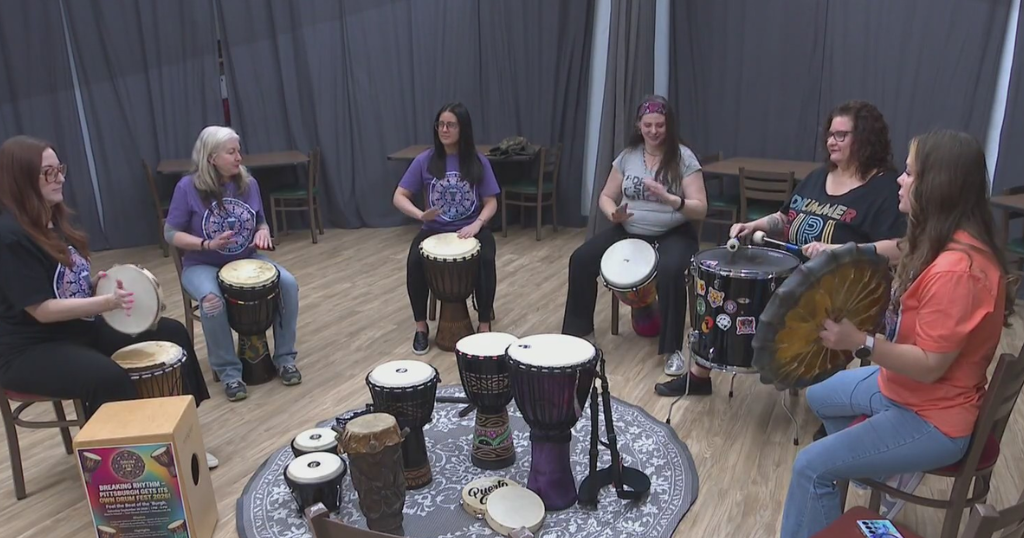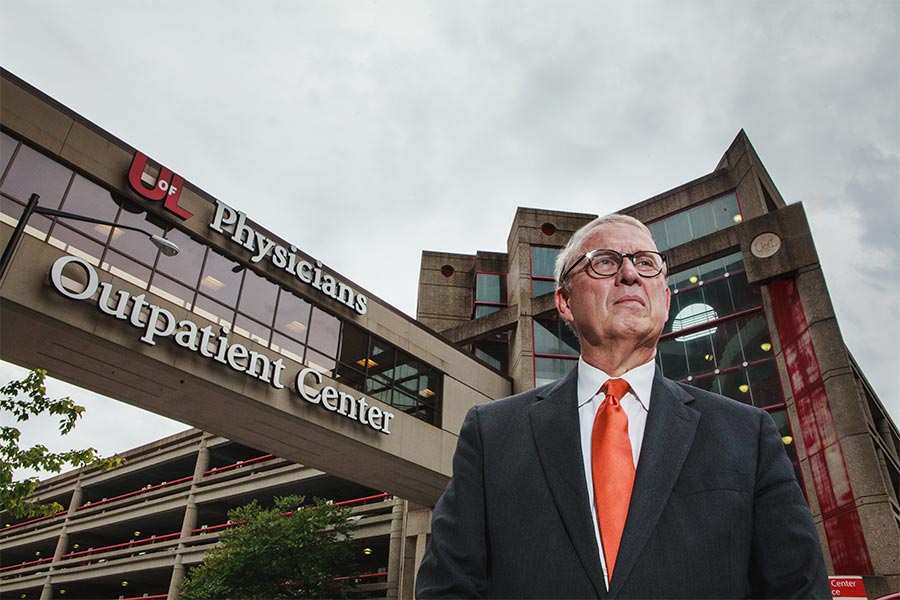Grindr to cover gender reassignment surgery for workers
Grindr, the dating app that caters to the gay and lesbian community, is now offering health coverage for workers who get gender reassignment surgery.
After recently enhancing its employee benefits, the company also now covers hormone and voice therapy; flight and hotel stays if the surgery is out of town; and any costs for legal documents for employees who change their names as part of their gender transition.
The new health benefits offer "a more holistic and inclusive" slate of choices for trans, nonbinary and gender-nonconforming employees, Heidi Schriefer, Grindr's vice president of people, told CBS MoneyWatch.
"We hope we can work with other companies to help them follow suit," she said. "This is the human thing to do."
The benefits, which took effect in mid-April, impact Grindr's 150 full-time employees. The company launched in 2009 and has roughly 12 million users.
Gender reassignment surgery costs thousands of dollars and can get more expensive depending on whether the procedure focuses on the top half or lower half of the body. One estimate lists male-to-female transition surgery at more than $25,000. Phalloplasty could cost upwards of $150,000, according to CreditCards.com.
Other companies, including Starbucks, IBM and Kaiser Permanente, also cover gender reassignment surgery under their health plans. Currently, however, such coverage remains a rarity among corporations — only 6% of U.S. companies pay for gender-reassignment surgery for employees, according to a survey by the Society for Human Resource Management.
Amy Jie, a product director at Grindr, helped craft the new benefits after having a humiliating experience transitioning while covered under a different employer's health plan, Time magazine reported. Jie said she had to send letters to almost 30 psychiatrists to get the necessary letters for insurance coverage at her former employer.
"It made me feel like my problems were not ones society cared about," Jie told TIME. "It's that ritual humiliation and conditional care that causes such a high percentage of queer people to avoid seeking health care."



